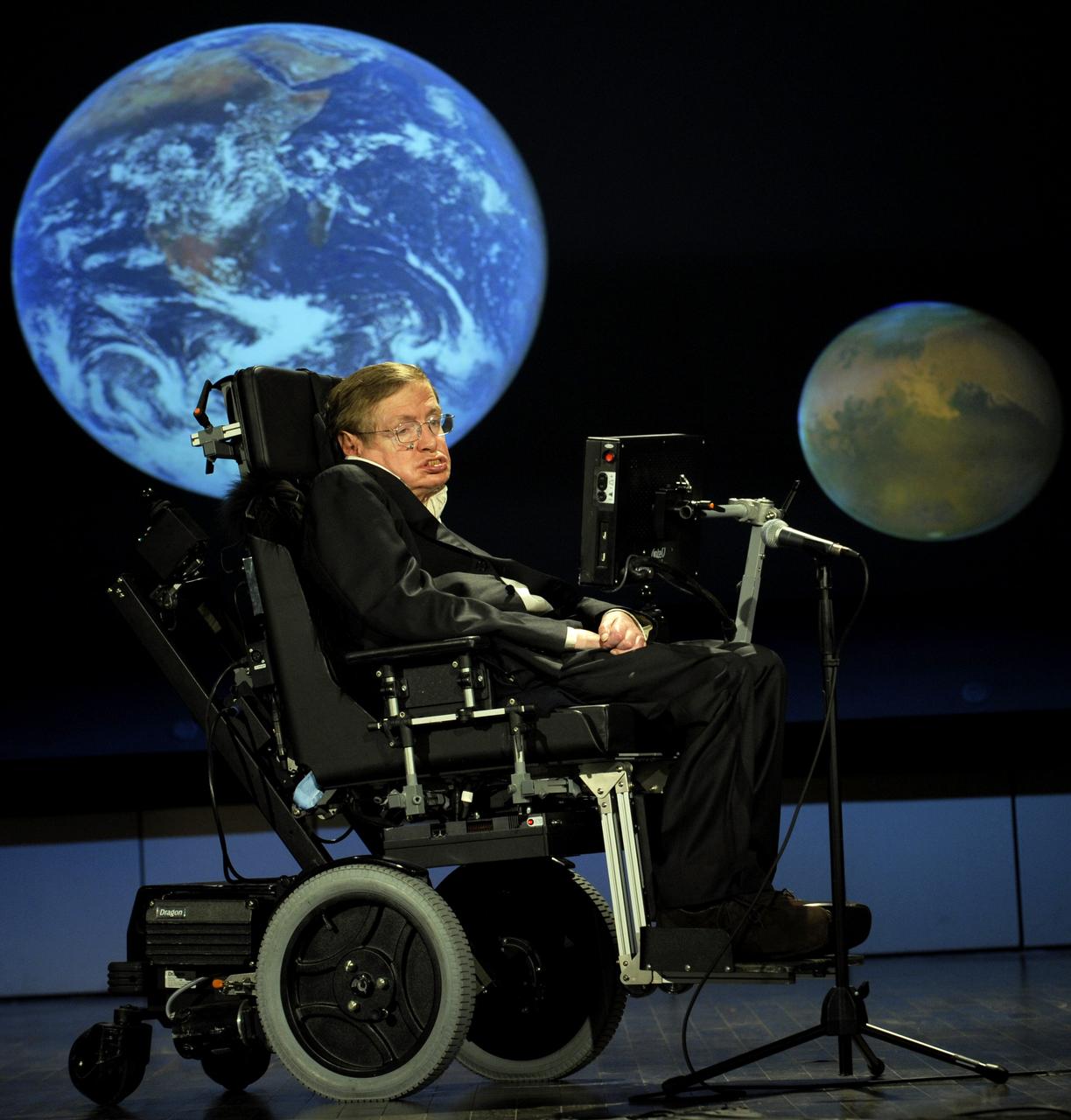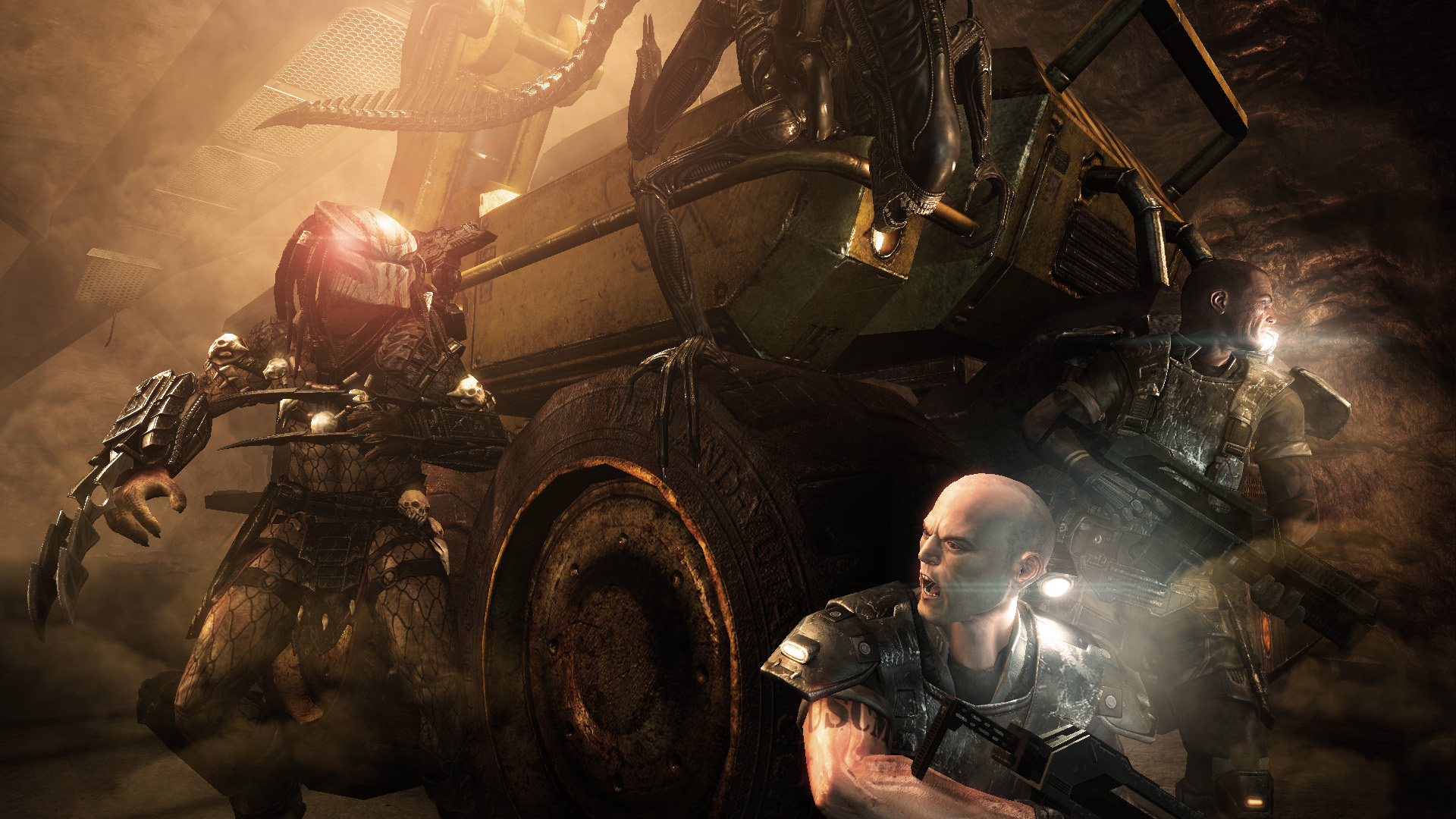Stephen Hawking Never Reached Space, But He Sought to Lift All of Humanity
Breaking space news, the latest updates on rocket launches, skywatching events and more!
You are now subscribed
Your newsletter sign-up was successful
Want to add more newsletters?

Delivered daily
Daily Newsletter
Breaking space news, the latest updates on rocket launches, skywatching events and more!

Once a month
Watch This Space
Sign up to our monthly entertainment newsletter to keep up with all our coverage of the latest sci-fi and space movies, tv shows, games and books.

Once a week
Night Sky This Week
Discover this week's must-see night sky events, moon phases, and stunning astrophotos. Sign up for our skywatching newsletter and explore the universe with us!

Twice a month
Strange New Words
Space.com's Sci-Fi Reader's Club. Read a sci-fi short story every month and join a virtual community of fellow science fiction fans!
Stephen Hawking was most famous for melding general relativity with quantum mechanics, revolutionizing our understanding of black holes, and bringing big-picture cosmology to the masses in a series of best-selling books. But he was a passionate advocate for space exploration as well.
The theoretical physicist, who died today (March 14) at age 76, repeatedly stressed that humanity must expand beyond its birth planet — or face extinction.
"I believe that the long-term future of the human race must be in space," Hawking said in a& 2010 interview with BigThink. "It will be difficult enough to avoid disaster on planet Earth in the next hundred years, let alone the next thousand, or million. The human race shouldn't have all its eggs in one basket, or on one planet. Let's hope we can avoid dropping the basket until we have spread the load." [Stephen Hawking: A Physics Icon Remembered in Photos]
He reiterated that sentiment more recently as well. For example, at a conference in Norway in June 2017, Hawking said, "We are running out of space, and the only places to go to are other worlds. It is time to explore other solar systems. Spreading out may be the only thing that saves us from ourselves. I am convinced that humans need to leave Earth."
The late cosmologist wasn't all talk on this issue, either. Hawking served on the board of Breakthrough Starshot, a $100 million project that aims to launch fleets of tiny, sail-equipped probes to other star systems. If all goes according to plan, powerful lasers will accelerate such "nanocraft" to about 20 percent the speed of light, meaning they could get to Proxima Centauri, the sun's nearest neighbor — which hosts a potentially habitable planet, by the way — just 20 years after liftoff.
Hawking also helped announce the existence of Breakthrough Starshot in April 2016. The project, which is bankrolled by Russian-born billionaire Yuri Milner, could launch its first interstellar probes within the next 30 years if everything goes well, Starshot representatives have said. (Milner also funds the alien-life-hunting Breakthrough Listen initiative, with which Hawking was involved as well.)
The Starshot nanocraft won't carry humans, of course. But the basic laser-sailing technology could theoretically be scaled up to crew-carrying dimensions, eventually allowing astronauts to get to Mars in just a few weeks, Starshot researchers have said. (It takes six to nine months to get to the Red Planet using current rocket technology.)
Breaking space news, the latest updates on rocket launches, skywatching events and more!
And Hawking longed to fly in space himself. In 2007, he flew aboard Zero Gravity Corp.'s Boeing 727 aircraft, which takes parabolic paths that allow passengers to experience brief stints of weightlessness. Hawking said at the time that he viewed the flight as a step toward bona-fide space travel.
Virgin Galactic founder Sir Richard Branson wanted to help Hawking achieve that dream. About a decade ago, Branson called Hawking and offered him a free ride on Virgin's suborbital SpaceShipTwo space plane, Hawking said in February 2016.
"I said 'yes' immediately," Hawking recalled in a video message that was played at the unveiling of Virgin Galactic's new SpaceShipTwo vehicle. That message served to announce the space plane's name — VSS Unity.
"Since that day, I have never changed my mind. If I am able to go, and if Richard will still take me, I would be very proud to fly on this spaceship," Hawking added.
Hawking is the only person ever offered a free seat aboard SpaceShipTwo, Branson has said. Tickets to ride in the six-passenger vehicle, which is still in the testing phase, currently sell for $250,000.
Branson paid tribute to Hawking in a blog post today.
"He was part of our Virgin Galactic family from day one. His support for opening space, his enthusiasm to fly, humbled and inspired us all," Branson wrote. "I am so sorry we didn't get him into space as he so dearly wished, but so thankful he was able to play such a meaningful role in the development of a new frontier he was so passionate about."
Follow Mike Wall on Twitter @michaeldwall and Google+. Follow us @Spacedotcom, Facebook or Google+. Originally published on Space.com.

Michael Wall is a Senior Space Writer with Space.com and joined the team in 2010. He primarily covers exoplanets, spaceflight and military space, but has been known to dabble in the space art beat. His book about the search for alien life, "Out There," was published on Nov. 13, 2018. Before becoming a science writer, Michael worked as a herpetologist and wildlife biologist. He has a Ph.D. in evolutionary biology from the University of Sydney, Australia, a bachelor's degree from the University of Arizona, and a graduate certificate in science writing from the University of California, Santa Cruz. To find out what his latest project is, you can follow Michael on Twitter.

